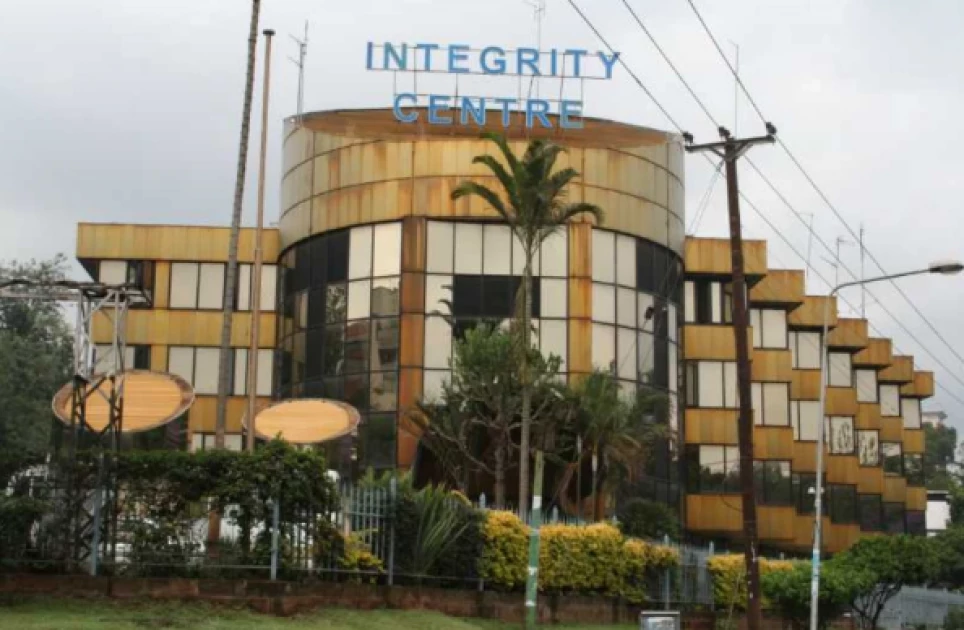EACC defends legality of Ruto’s multi-agency team to fight corruption


Audio By Vocalize
In a replying affidavit by David Too, the Director of Legal Services and Asset Recovery at the EACC, the commission says that it supports the MAT-WAC initiative as long as its institutional independence is safeguarded.
Too swore that the commission is established under Article 79 of the Constitution and the EACC Act, 2011, with a clear mandate to combat corruption, economic crimes, and unethical conduct through law enforcement, prevention, public education, and the promotion of ethical standards.
The commission has further asked for a dismissal of the case before the High Court and allow the team continue with its work.
"The members of MAT-WAC are institutions with crucial information that could expedite investigation and prosecution of corruption offences and recovery of assets obtained from corruption activities,” reads the affidavit.
Too argues that while EACC is an independent commission under Article 249(2) and not subject to the control of any person or authority, independence does not mean working in isolation.
“The fight against corruption requires all hands-on deck,” he argues adding that collaboration enhances intelligence sharing, resource pooling, streamlined investigations, and overall effectiveness in asset recovery and prosecutions.”
The affidavit highlighted that the Presidential proclamation of August 18, 2025 established MAT-WAC to bring together 11 key institutions, including the Office of the President, the Attorney General, National Intelligence Service, Directorate of Criminal Investigations, Office of the Director of Public Prosecutions, Central Bank of Kenya, Asset Recovery Agency, Kenya Revenue Authority, Financial Reporting Centre, and the Public Procurement Regulatory Authority.
According to EACC, the team’s objectives include enhancing cooperation among agencies, engaging the private sector, mobilizing resources, sharing best practices, and strengthening communication strategies on gains made in the anti-graft war.
The affidavit was filed in response to a petition by Dr. Magare Gikenyi and other petitioners, who are challenging the legality of the Presidential directive that established MAT-WAC.
“The Commission is in principle in favour of the MAT-WAC framework so long as its independence is safeguarded,” Too stated, urging the court to dismiss the petition.
The petitioners claim that it is unconstitutional and a duplication of existing institutions. They call the powers wielded by the Head of State "imaginary hot air mirage powers," arguing that the Constitution expressly limits executive authority in matters reserved for independent commissions.
The petition also criticizes the inclusion of organizations like the Central Bank of Kenya, the Office of the Director of Public Prosecutions, the National Intelligence Service, and the Directorate of Criminal Investigations in the MAT-WAC team.
The petitioners argue that this undermines their constitutional independence and risks politicizing their functions.
Ruto’s multi-agency team brings together 10 state agencies, including the National Intelligence Service (NIS), Ethics and Anti-Corruption Commission (EACC), Office of the Director of Public Prosecutions (ODPP), Directorate of Criminal Investigations (DCI), Financial Reporting Centre (FRC), Asset Recovery Agency (ARA), Kenya Revenue Authority (KRA), Central Bank of Kenya (CBK), and the Public Procurement Regulatory Authority (PPRA). The Executive Office of the President (EOP) and the Office of the Attorney General will also take part.


Leave a Comment